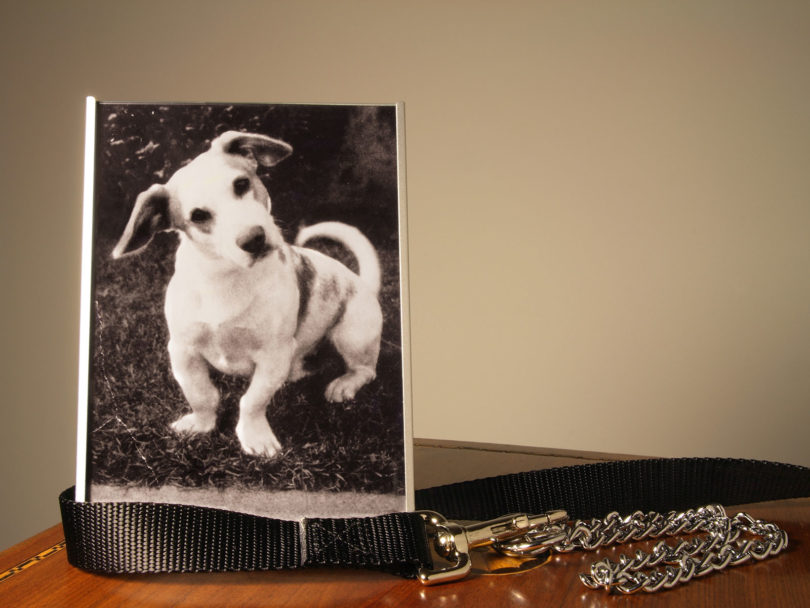Grieve not, nor speak of me with tears, but laugh and talk of me as if I were beside you. I loved you so…’twas Heaven here with you.
These words, from a poem by Isla Paschal Richardson, are used often in pet memorials and bring comfort to those grieving the loss of a pet. Joelle, who lost her 13-year-old golden/collie mix seven years ago, knows them by heart. “I knew I would be sad when I lost Sadie, but I wasn’t at all prepared for my feelings,” she says. “It was like I was being held under water and struggling to breathe. I felt broken inside. When I saw this poem I thought, this is so her! She lived to make me happy; I was her world and she was mine. It brought me to my emotional knees.”
Losing a pet can feel worse than losing a person, and with good reason. Pets are dependent upon us and necessitate daily routines. Their death leaves a space not just in our hearts, but in our day-to-day activities. In addition, we don’t usually take time off work to process our grief, nor do we have funerals or ceremonies to memorialize our beloved pets as we do with people.
When a four-legged family member is lost, it is important to know that losing that bond will bring grief. Grieving the loss of a pet is normal and, as with the loss of people, there are healthy ways to handle that grief.
- Acknowledge your feelings. Grief is natural and we can give ourselves the time we need to mourn our losses. You do not have to “get over it” when some may assert that the pet was “just” a dog or cat; this was a beloved family member. The loss is great and there will be a hole in your life.
- Seek professional help. If you find yourself unable to function well or move beyond the pain, don’t wait. Seek out a therapist who specializes in grieving the loss of a pet or a pet loss support group.
- Consider holding a memorial service, pet honoring ceremony or some other ritual to memorialize your pet. This is a way to publicly acknowledge your pet’s passing and the importance of their life.
- Don’t rush into adopting another pet. There is no “set” time to wait and no one can tell you when you are ready. Remember you cannot replace what was lost. Trying runs the risk of comparing the new pet to the lost one and having expectations of similar behavior. If those unrealistic expectations are not met, resentment can occur. Be fair to yourself and your future pet and give yourself time. You will know when the time is right.
- When you get a new pet, avoid a look-a-like. Again, this sets the stage for comparisons and possible resentments to build. This will also be a constant reminder of what was lost.
- Be honest with your children about the pet’s passing. Explain why the pet is gone and encourage them to talk about how it makes them feel.
- A senior’s pet may be their only companion. Their loss can be especially painful and difficult. When they are ready, visits from another pet can be a tremendous boost for their mental and physical health, especially if they do not plan to adopt again.

